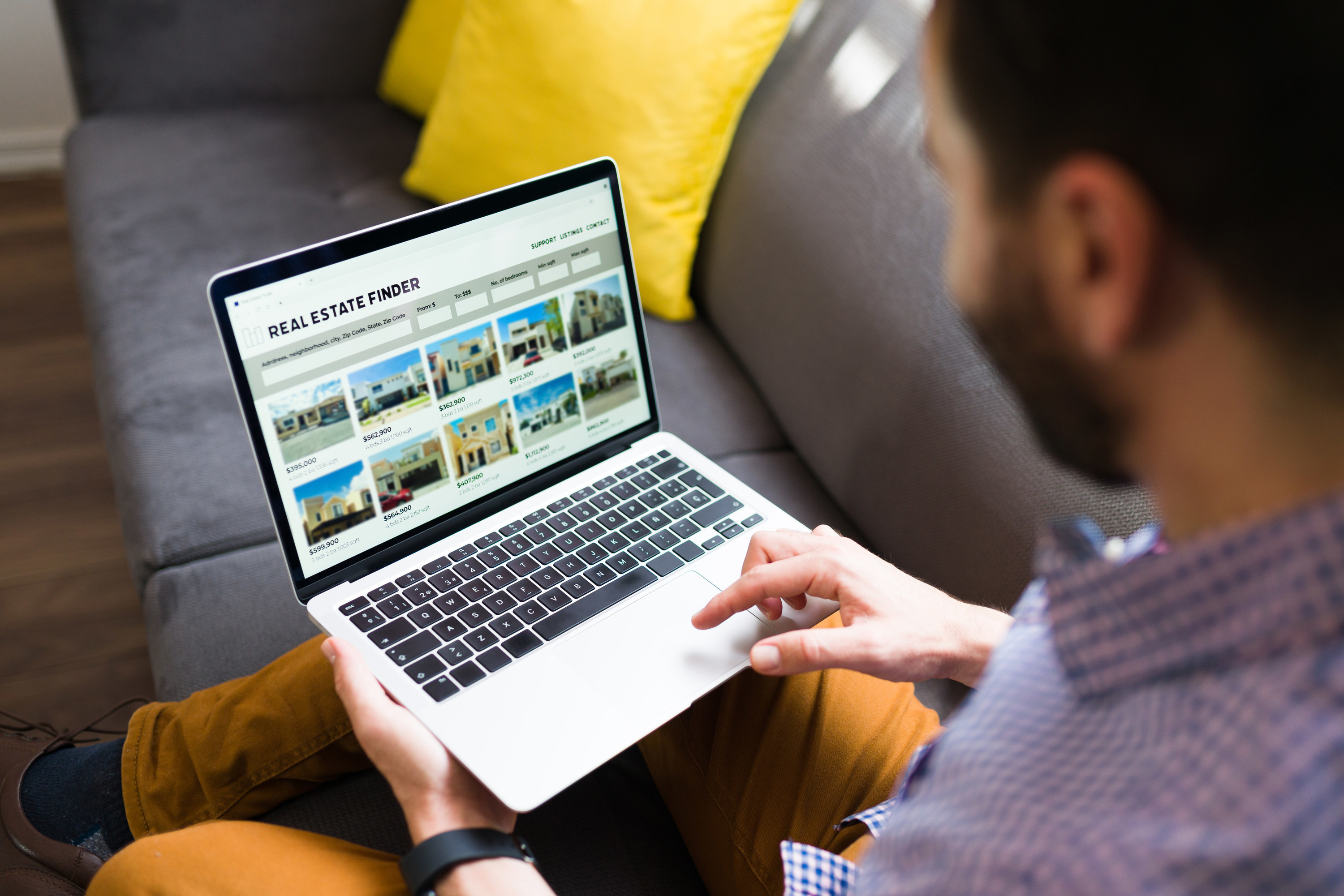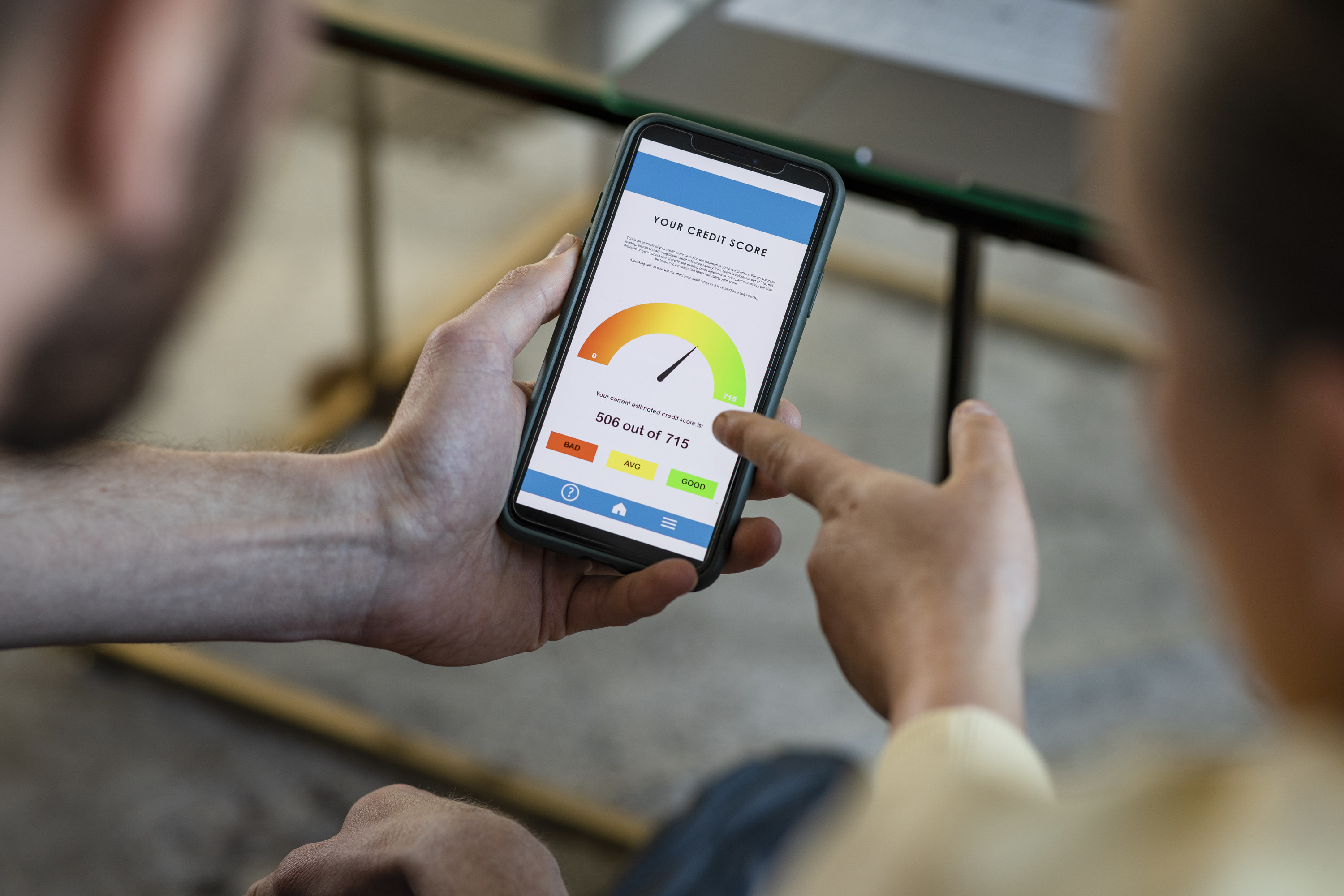But here’s the reality: If you didn’t, the only thing you can do is not make the mistake going forward. And rather than rushing out and buying something you can’t afford out of desperation, slow down and consider where you’re at, where the market is at, and make a plan based off the facts. Signs the real estate market in your area might be shifting are homes that have been sitting on the market for a while and sale prices being slashed. Trapasso says that “about a fifth of all sellers cut prices in November” — a sign that bodes well for buyers. That means if you want to buy a $300,000 home, you’ll need around $80,000 in the bank ($60,000 for a down payment; $9,000 to $18,000 for closing costs; and extra cash for things like a new couch or an emergency repair). “This way, they’ll be ready to put in an offer if they fall in love with a home,” says Trapasso. According to Bloomberg, “The difference between median rent and monthly mortgage payments in the US is the smallest on record,” so, many people are paying more money to own than they would be to rent. This is when the decision to buy a home becomes extremely personal. You may not be able to find a rental that meets your needs or might want the freedom to personalize your home to your tastes. Even in times where interest rates and home costs are high, she says that “Homeownership is the American Dream and has helped millions of Americans build wealth over time.” So, it’s worth it to take some time to increase your credit score before you buy. Things like paying off debt, making regular payments, and holding off on opening new accounts can help. Trapasso notes that “This gives a property time to appreciate over time.” She adds that “Sellers typically spent about 10 years in their home before putting it on the market, according to a recent National Association of Realtors report.” If you’re not there yet, keep renting and start saving. “If you’re renting, you may want to move further out if you don’t have to commute to work as much, downsize into a smaller apartment, or even find a roommate to cut down on costs,” says Trapasso. “The first week I moved into my house, my boiler needed to be repaired — and I couldn’t call the super to fix it. That cost about $500 in the first week. There were also gutters that needed to be cleaned, repairs and minor renovations that needed to be made, and furniture that needed to be purchased. It adds up really, really quickly,” notes Trapasso. Trapasso sums it all up: “It’s expensive to buy right now due to higher mortgage rates and still high home prices. Those purchasing homes in October paid about 75% more in their monthly mortgage payments than they would have if they’d purchased a year ago.” It’s worth noting that Realtor.com’s economics team anticipates that mortgage rates will average about 7.4% in 2023, ending the year at about 7.1%.








